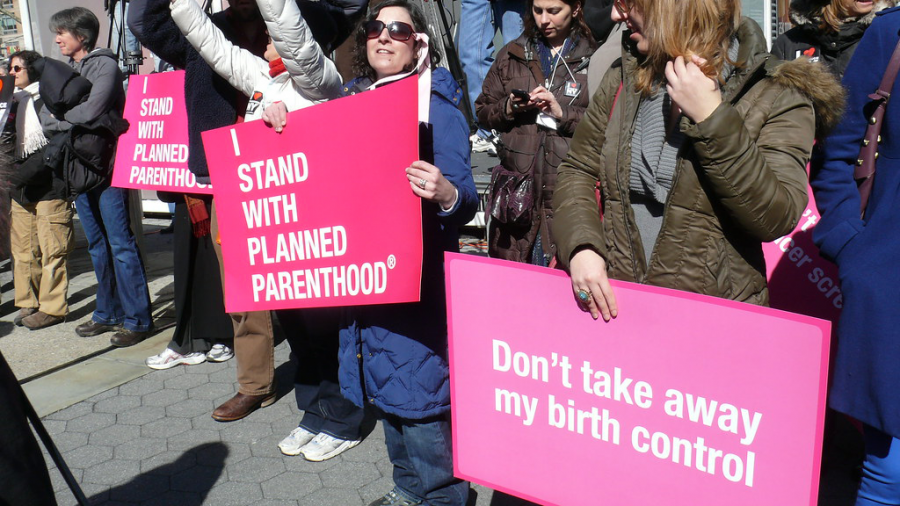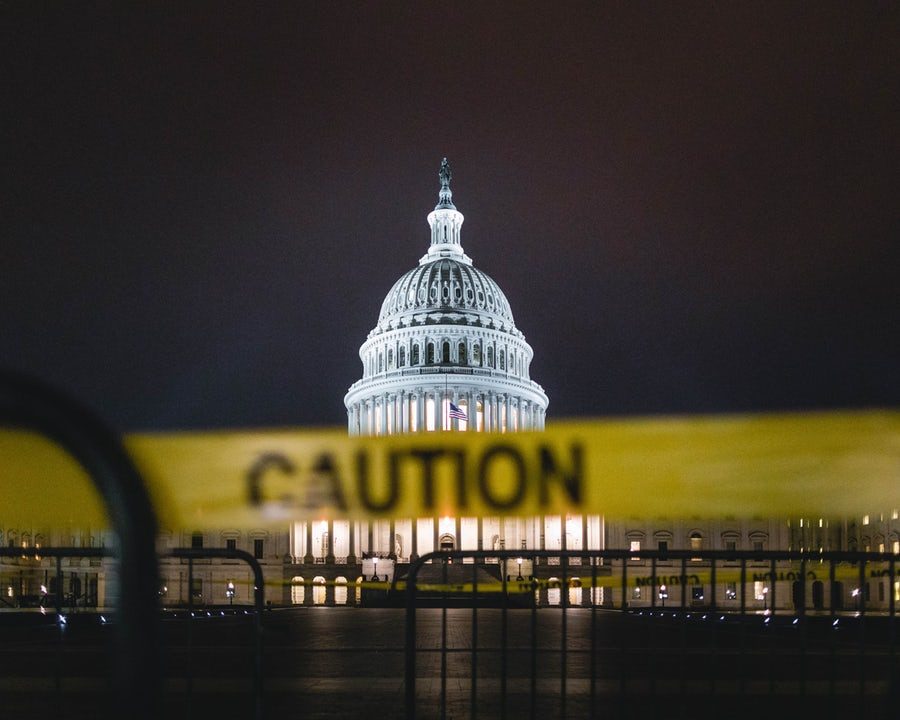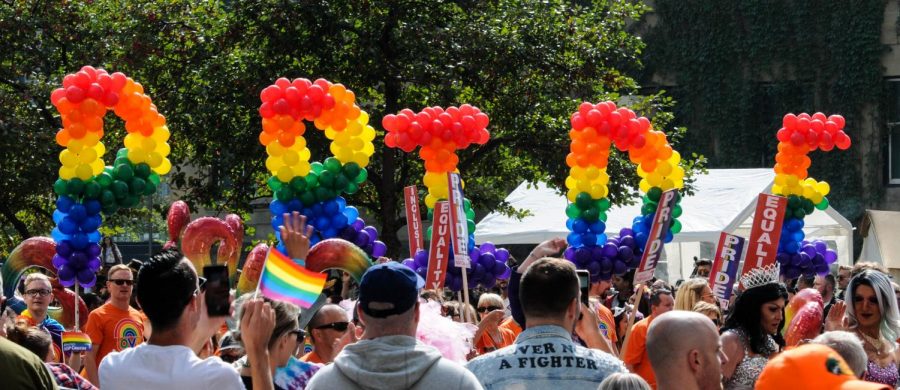Stell’s Stories: New Supreme Court ruling proves to be problematic

A gavel, used by judges across the nation to make their rulings
March 30, 2020
Amid hysteria caused by the COVID-19 pandemic, those with mental illness affected by this crisis are at high risk. With the recent Supreme Court ruling that the defense plea of insanity will no longer be enforced, leaving its determination on a case-by-case basis. While the ethics of this scenario have been debated heavily, immense evidence supports that this is not only a valid argument, but a necessary one.
Paraphrasing Psychology Today, a scenario is created in which a simple citizen, we will call Bob, is one affected by mental illness. Due to his mental illness, Bob believed a police officer to be his romantic rival, attempting to harm him. Bob then attempts to hurt the police officer, still clueless as to the reality this is not his romantic rival. This scenario portrays a vital detail in Bob’s trial, for while in reality Bob was harming a police officer, to him he was defending himself. This plea protected citizens like Bob, who simply suffer from a mental illness and deserve fair trial.
The counterargument posed to this moral dilemma, adds that this only protects violent and unsafe individuals. This formality brings with it an entire mindset that mental illness is only for the weak. This mindset discriminates against one in five Americans, or nearly 20% of Americans diagnosed with mental illness. The solution between the two groups brought by the Supreme Court present “guilty but mentally ill,” a plea that lessens the sentence if the defendant proves affected by mental illness during the accused timeframe. This verdict also sends defendants to a mental institution rather than a prison, in some cases. While this mildly protects victims of mental illness, in many cases, defendants are unaware of their own actions, or under the information provided by the disease in their brain.
This issue has been debated between law associates for years, but with provided statistics this plea shows how rarely it is misused. This plea is only used in roughly one percent of defendant’s trials and is only effective 20% of trials with a jury. This is also a high-risk plea, providing a lesser sentence and correct facilitation of treatment only when it is approved by a jury and lengthening jail sentence when ineffective. It is though agreed upon that the term “insane” is only a legal term and does not match medical terminology used in these scenarios.
“Apart from combating these myths, advocates of the insanity defense contend that a fundamental principle of criminal law is at stake. The insanity defense is rooted in the belief that conviction and punishment are justified only if the defendant deserves them. The basic pre-condition for punishment is that the person who committed the criminal behavior must have responsibility as a moral agent. When a person is so mentally disturbed that her irrationality or compulsion is impossible to control, that person lacks responsibility as a moral agent. It would be unfair to punish a person in such an extreme condition,” the Library of American Law and Legal Information, reports.
Cases involving the insanity defense are often highly publicized, bringing large trials often involving murder to the public eye. This simply is not the case, as most times this defense is invoked it is due to a crime committed while this individual was not in control of their emotions. Due to the mass information circulating about the guilty by reason of insanity plea, many are biased against it, assuming it only involves harsh and vile individuals who lack self-control. The revocation of this plea is detrimental to the progression of the United States. This statute is not only necessary in all 50 states but a human right. The origins of life are messy and imprecise, and leaving an individual’s fate up to a mental illness is immoral. With reference if hundreds of trials, constitutional justice and simple intuition, those suffering from mental illness need fair representation.
















